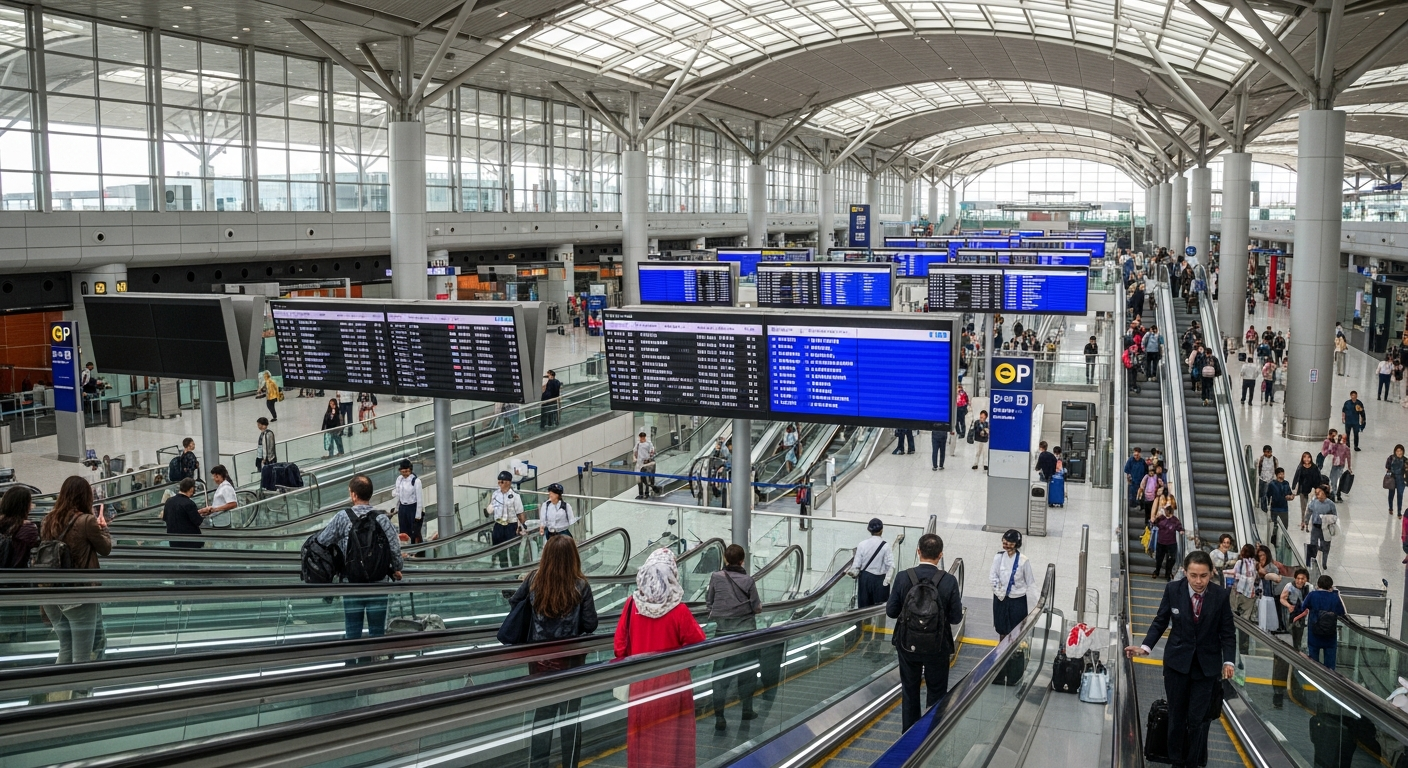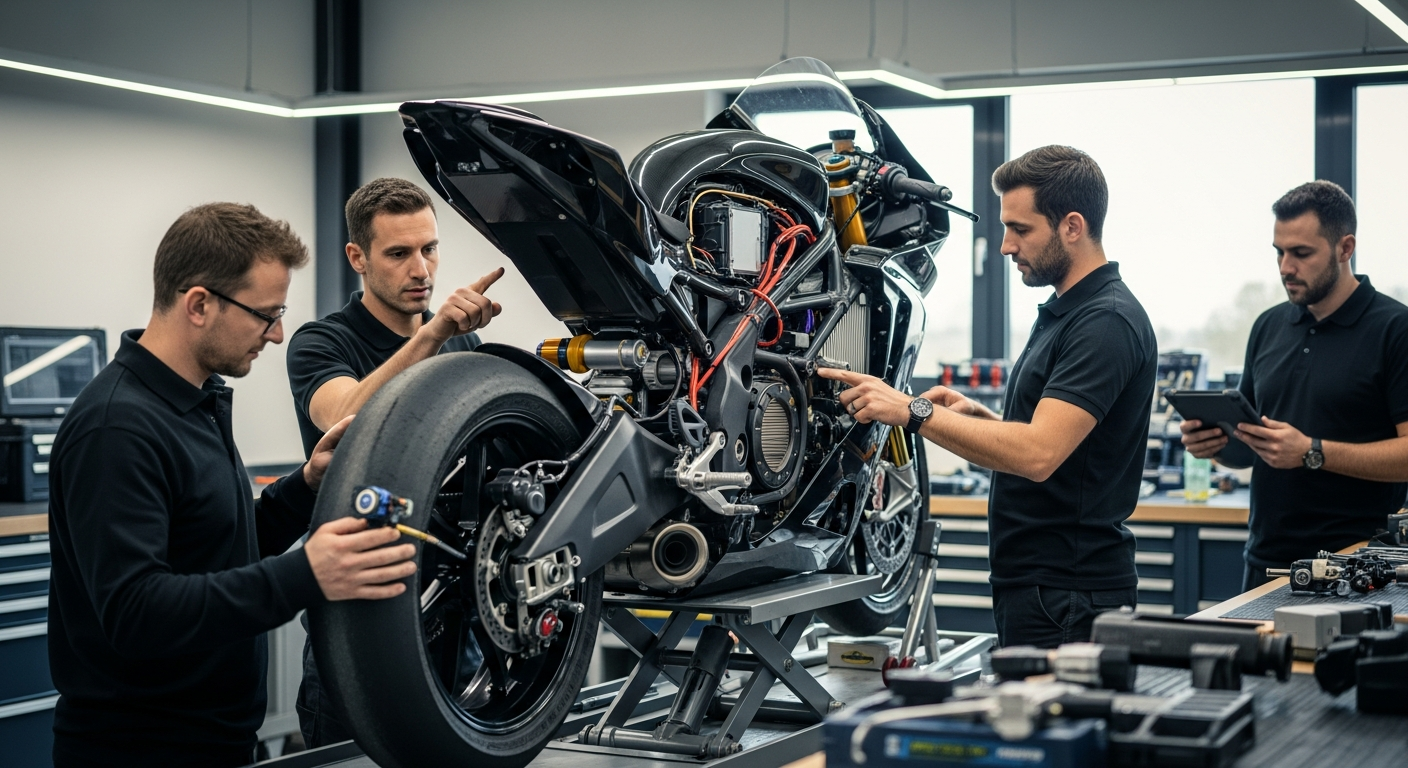The Quiet Rise of Intentional Communities: A Fresh Take on Societal Living
Living in a society where individualism is often celebrated, a unique phenomenon is quietly taking root – the rise of intentional communities. These communities are typically formed by like-minded individuals who come together to live out shared values and goals, often with an emphasis on sustainability, cooperation, and mutual support. But what drives this shift towards communal living, and what does it mean for our understanding of society and identity? This article delves into the history, current trends, and implications of intentional communities.

Unraveling the Roots of Intentional Communities
The concept of intentional communities is not new. From the utopian social experiments of the 19th century to the communes of the 1960s, there has always been a subset of society yearning for a different way of living. The modern incarnation of intentional communities, however, takes a different approach. Rather than seeking to create an entirely new society, these communities aim to exist within the broader society, influencing it through the power of example.
The Contemporary Landscape of Communal Living
In the contemporary landscape, intentional communities are diverse and widespread. They range from eco-villages committed to sustainable living and co-housing projects that prioritize shared spaces, to artist colonies fostering creativity, and digital nomad communities that leverage remote work opportunities. These communities are united by a common thread: a commitment to communal decision-making, mutual support, and shared values.
Societal Implications: A Shift towards Cooperative Living
The rise of intentional communities signals a cultural shift towards cooperative living. It challenges the traditional understanding of success, which is often tied to individual achievement and material wealth. Instead, these communities emphasize the value of relationships, shared experiences, and mutual support. This shift has profound implications for how we understand identity and belonging in modern society.
The Future of Intentional Communities
As the world grapples with environmental, social, and economic challenges, intentional communities offer a model for sustainable and equitable living. These communities are not without their challenges, such as maintaining cohesion and managing resources. However, their growing popularity suggests that many are seeking alternatives to the status quo. As we move forward, it will be interesting to observe how these communities evolve and what impact they have on broader societal trends.
The rise of intentional communities represents a fascinating shift in societal living. As we continue to explore new ways of living and being, these communities offer a fresh perspective on what it means to be part of a society. They remind us that while individualism has its place, there is also tremendous value in community, cooperation, and shared values. Will this trend continue to grow, and what will it mean for the future of societal living? Only time will tell.






